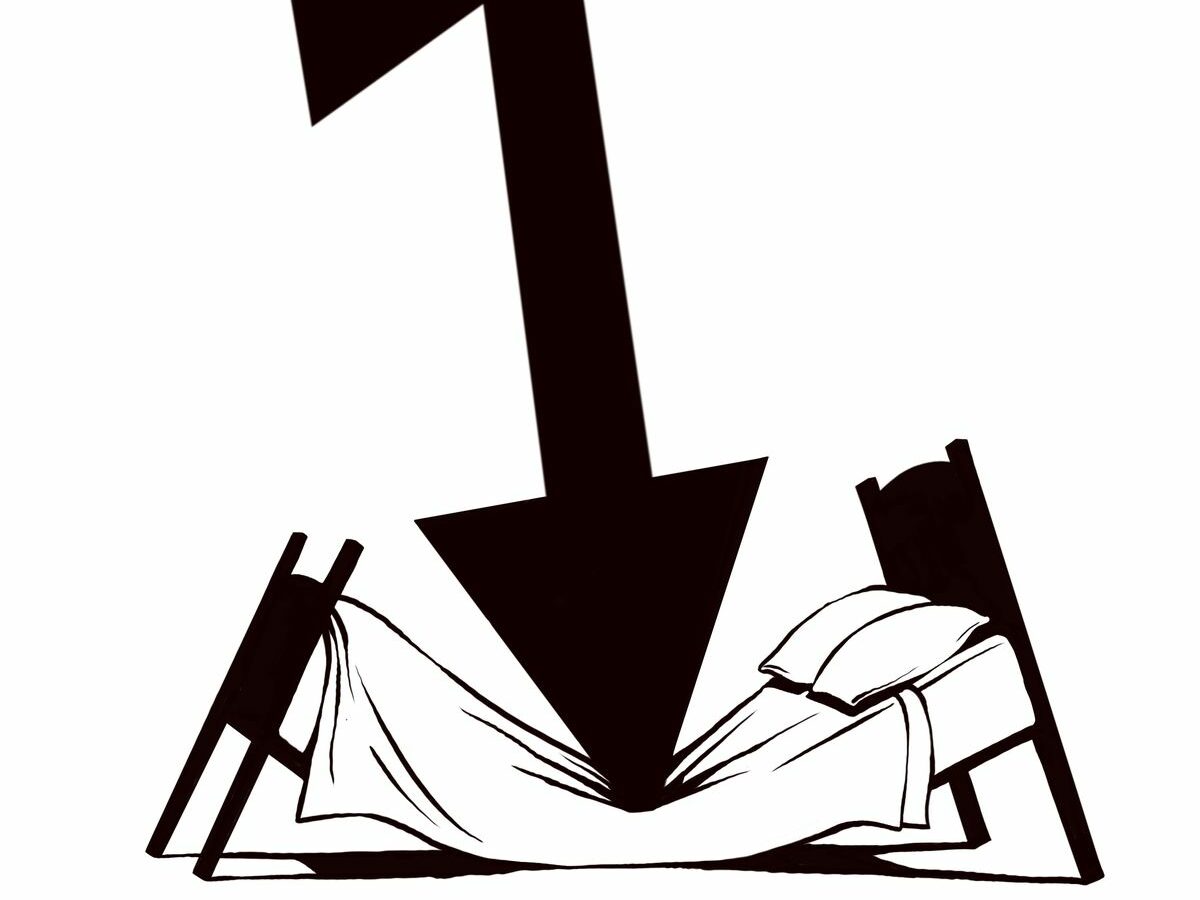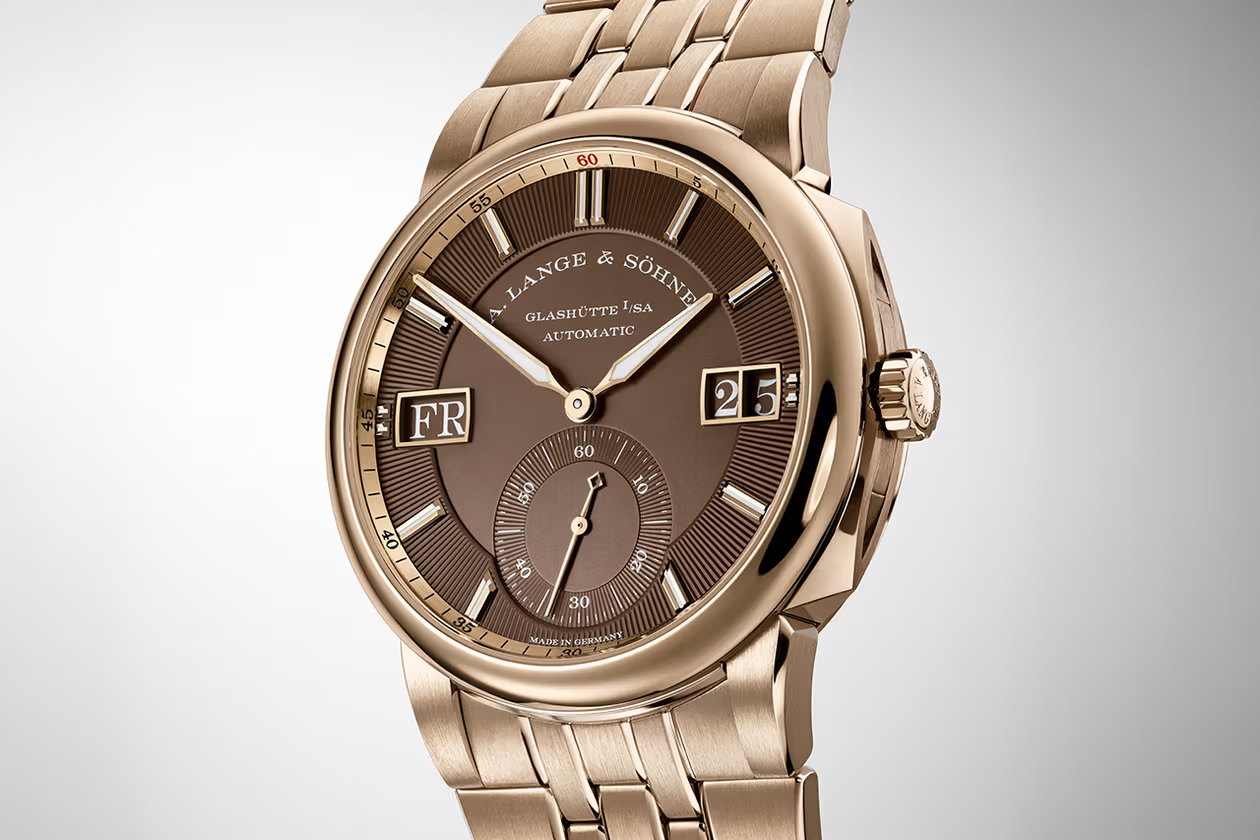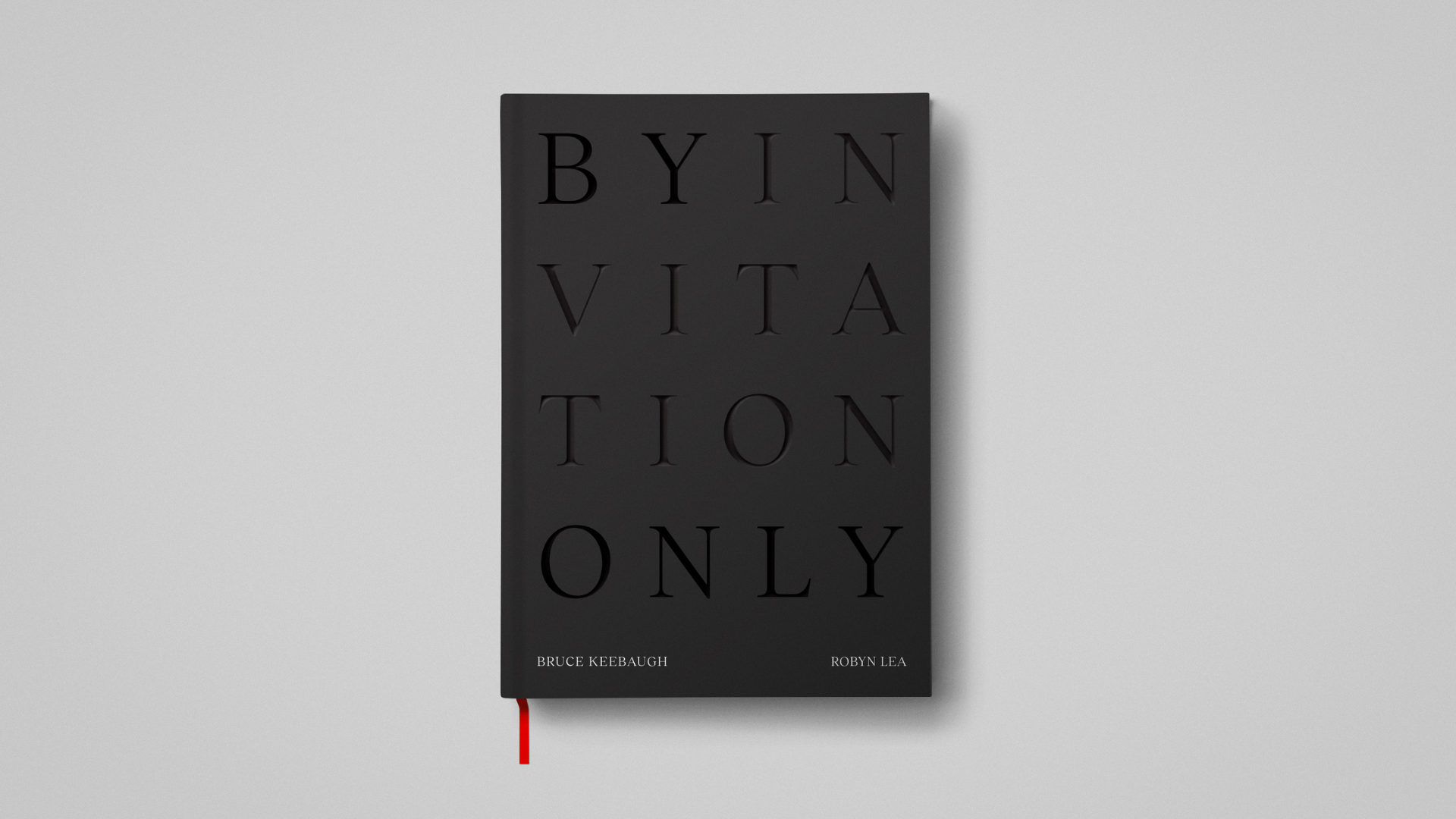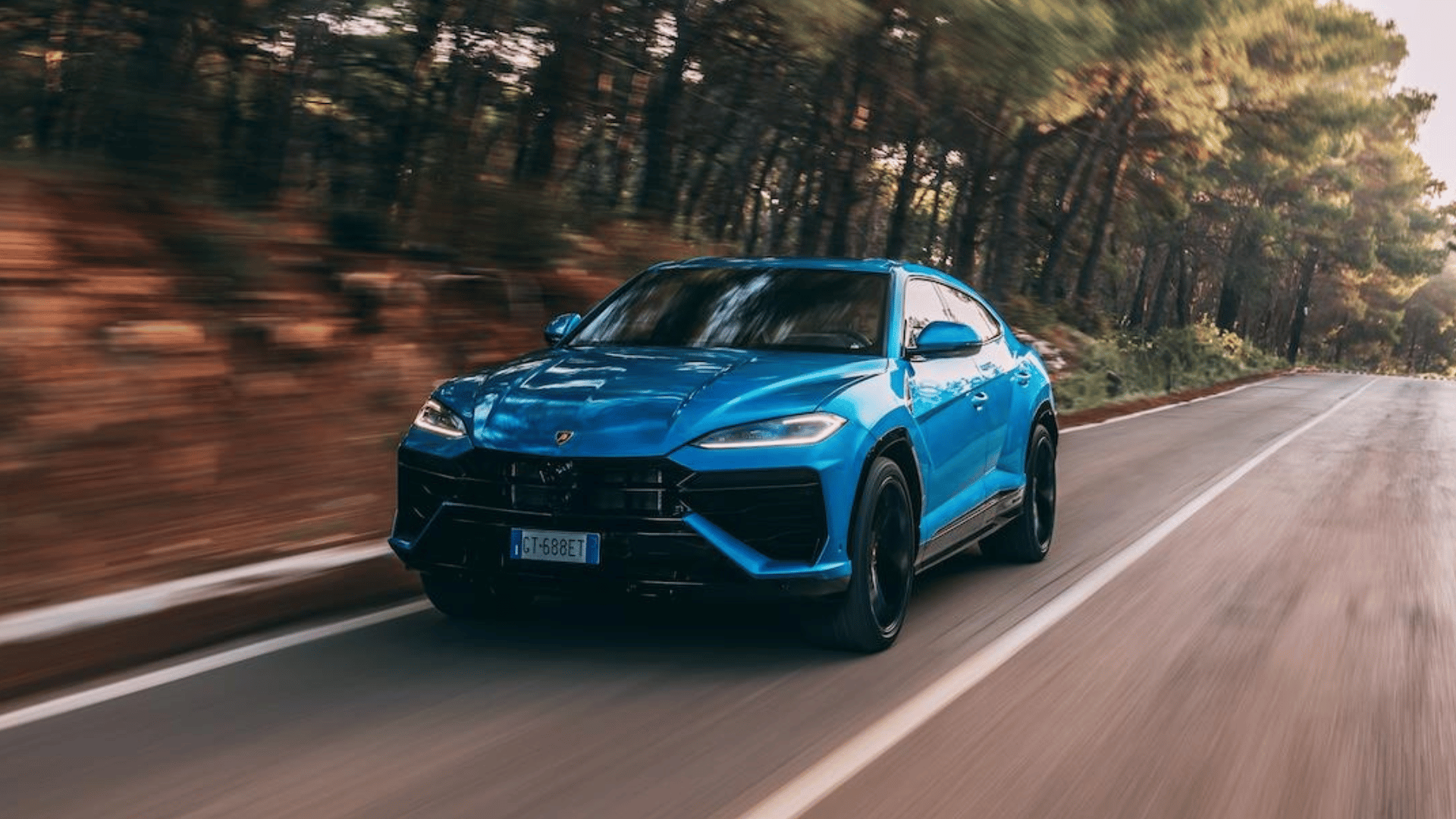Why is no one having sex right now?
Supply has never been higher, but demand is way down. Welcome to the Sex Recession. Will we ever pull out of it?

OUR WAITRESS CROUCHED DOWN TO eye level and said, “Hey, bitches,” then, earnestly, perhaps less joyfully than she might have earlier in her shift: “Are you thirsty bitches?” She said it with a sense of duty. We were at a restaurant called Bacon Bitch, and this is what is done there. Bacon Bitch had come up in a Google search for “brunch nearby” on a Sunday afternoon in Miami Beach, and when I’m presented with an option that sounds like a waking nightmare, I am powerless to pass it up. So we went and ordered the Bloody Marys with the hash brown and the fried egg on top, because we were both thirsty and curious bitches.
You can picture the place, so I don’t need to tell you there was a lime-green neon sign that read “Bitch don’t kill my vibe” in cursive. You are already seeing the waitresses’ tight uniforms and hearing the innumerable bachelorette parties that surrounded us. You have a completely accurate mental picture of the mimosa-drunk 21st-birthday boy tottering toward the bathroom in knockoff Balenciaga slides. It was Disneyland, except instead of Mickey Mouse, it was just the word bitch. I loved it, because it was very stupid, and for that reason, it felt very current. It was a piping-hot snapshot of our culture at this moment, so awash in sex-adjacent semi-salaciousness it came back around to being wholesome. Even polite. When our waitress jostled our table as she scooched past, she whispered with absolute sincerity, “Pardon me, bitch.” It was the very picture, run through a filter and posted on Instagram, of the Sexual Recession.
Fifty years ago, we were in the throes of the Sexual Revolution, a time of permissiveness brought on by the Pill, the feminist and gay-rights movements, and the cover of the Rolling Stones’ Sticky Fingers. Many Americans were having more — and more adventurous — sex. But it wasn’t everywhere you looked. Sure, people complained about too much sex on TV, but they were talking about The Love Boat. Now sex is like a currency that’s been overprinted. Porn is at our fingertips at all times; we swipe past an infinite number of potential partners in every spare moment; our ex-president has been indicted for allegedly paying hush money to a porn star, forcing every NPR listener to have at least casual knowledge of Stormy Daniels’s oeuvre. We are teeming with supply, yet demand is way down. A recent study found that the proportion of 18-to29-year-olds who had zero sexual partners in the past year had increased from 10 per cent in 2000 to 23 per cent in 2018, and that’s before Covid made physical contact more fraught. The sexual economy is a mess. There’s hyperinflation and a supply-side imbalance. And like any economy, the sexual economy is subject to changes in the regulatory environment. Tomorrow the Supreme Court could make it illegal to think about Prince too hard.
We were bound to arrive at this risqué but risk-averse state. The essential tension of America has always come from the tug-of-war between its puritanical nature and its pursuit of happiness. It’s the only place that could produce both Hollywood and the MPAA ratings, child beauty pageants and purity rings, gay rights and “no homo.” Even amid the Sexual Revolution — when women were seizing control of their sexual agency and members of the LGBT community were stepping out of the shadows — what defined sex in pop culture was the male gaze. It’s why beer commercials had women in bikinis casting flirty looks at regular joes or sometimes — I swear — a bull terrier named Spuds Mac-Kenzie. We live in a confusing, chaotic country.
So it makes a sad kind of sense that eventually we’d stop looking for lovers and start looking for parents. Take the “daddy” label that’s attached itself to Pedro Pascal. I spent a weekend hanging out with him for Esquire US’s April/May cover story. Since then, I’ve been thinking about why we call him “daddy” and make him say things like “I am your cool, slutty daddy” on red carpets. Yes, he is a handsome man of a certain age, but there must be something deeper behind it. The word draws meaning both from the nuclear family and from fetish-speak — there’s that tension again between the traditional and the transgressive — and while people seem to think they’re being a little saucy when they say it, push them for what they mean and they retreat to the conventional. They want him to protect them, like Baby Yodas. HBO Max CEO Casey Bloys told me, “If you were stuck in a difficult situation, it feels like he’d be able to figure it out.”
Last year’s sexy thriller Deep Water — marking the return of Adrian Lyne, director of Fatal Attraction and Indecent Proposal — came and went, and now, instead of more erotic thrillers for grown-ups, we’re getting reboots of the twin avatars of early-21st- century arrested development: Harry Potter and Twilight. At a time when anyone not straight and cisgender is being accused of grooming children, maybe we should worry more about becoming children. After all, it’s tanking the sexual economy.
The male gaze is no longer the dominant one, and we haven’t replaced it. What we have done, if we are the Bud Light that gave the world Spuds MacKenzie, is extend our influencer program to include one trans woman, and last I checked, that was going over poorly. Around a recession tends to come a restructuring. Perhaps we can arrive at a sexual economy where everyone feels free and safe to participate. I hope so, bitch.
Related: What is biphasic sleep?
This article by Dave Holmes originally appeared on Esquire US.























